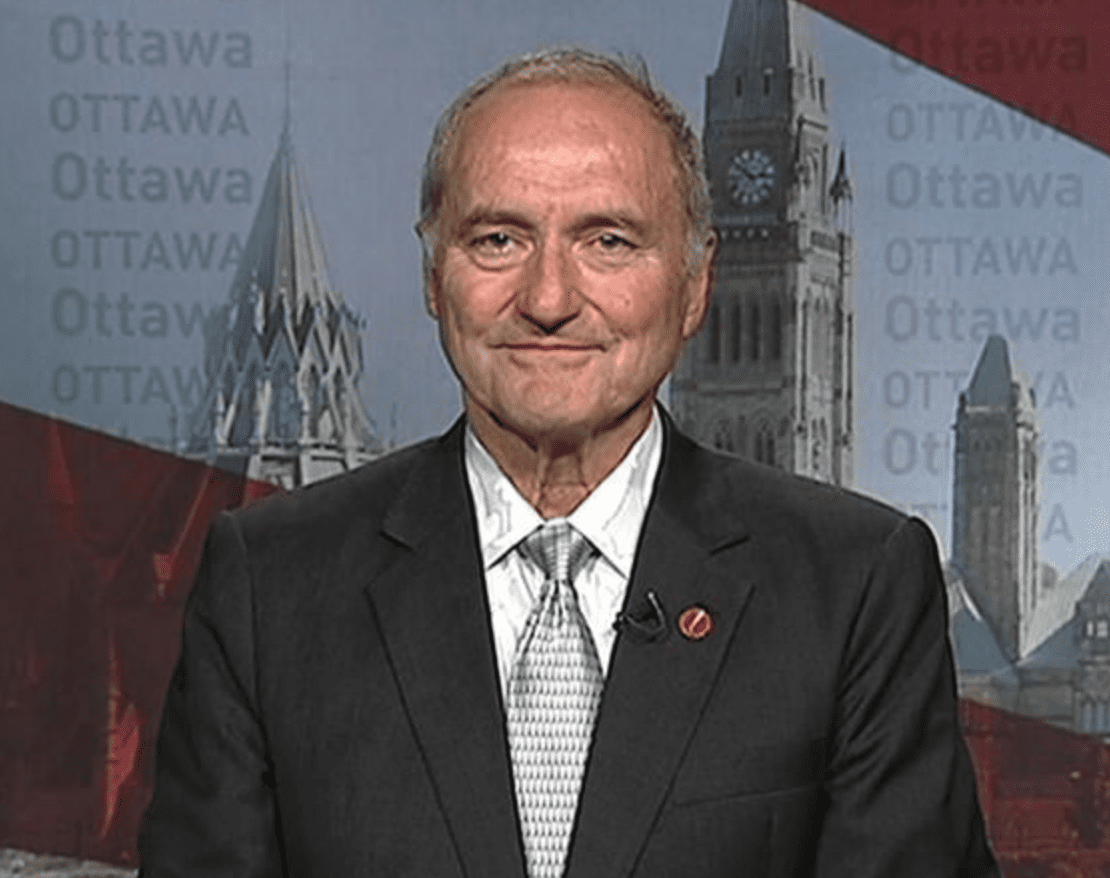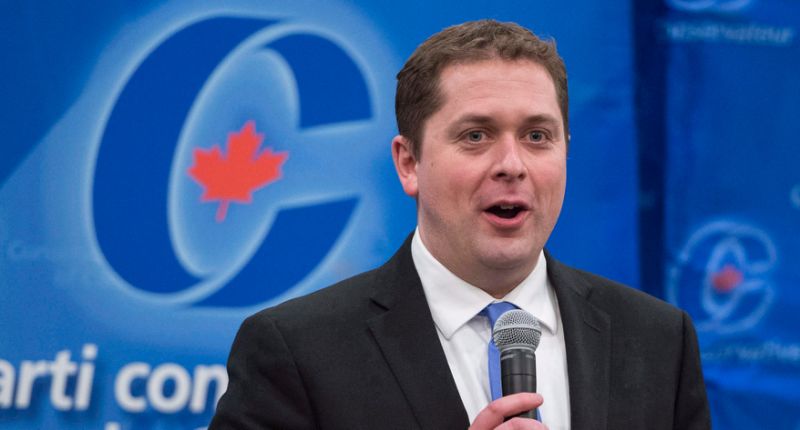For the Senate Liberals, it's been a rough couple of weeks. Three long-time members of their caucus have decided to retire ahead of their mandatory date, and a fourth has announced that he too will be resigning once he wraps up everything he's working on, as he's just been elected to a new position closer to home. That means that there will soon be just eleven members of the caucus left, with the recent rule changes in the Senate making the cut-off at nine for them to receive official recognition.
The way things have traditionally worked in the Senate, under the old two-party system, was that after a couple of terms by a government making appointments and replenishing the ranks of his or her party's picks, when a change of government happened, the process would start again, and it worked for the better part of 150 years. Stephen Harper, however, on two separate occasions decided to starve the Senate of appointees, making a mass panic appointment spree in 2008, but letting the vacancies grow alarmingly by the time he lost the election in 2015. When Justin Trudeau came in and started his new process, all new appointments came in as independents, breaking up the old duopoly.
That's not to say that breaking up that duopoly was bad it's been argued, effectively, that the Senate has been working better than it ever has with three groups in roughly equal distribution and share of the power, which limits the kinds of abuses that we saw previously when there was an attitude of one group letting the other one's sins slide because while they may not be in power currently, they would be in power next. After the black eyes suffered by the institution in recent years, those attitudes have thankfully fallen to the wayside, and more robust processes are now in place to prevent some of the abuses and excesses we had seen. But that the third part of that equation the Senate Liberals are now on a precipitous decline in membership. Do they have any hope for the future?
I sat down with the Senate Liberal leader, New Brunswick Senator Joseph Day, to talk about the future prospects for the party. There will soon be 15 vacancies to be filled, and the Independent Senators Group have stated that they won't accept new members automatically, but must vote on new admissions now that they're in a position to be choosier than before. Prior to that, there had been a bit of an aggressive drive to get new senators into the fold in order to ensure that they had numbers to be an effective caucus group. And it is also worth noting that there is discontent within the ISG, with one of the main points of disagreement being how independent they should be.
"We're always open to talk to anyone who would want to join our group," says Day. "I try to, in some of my speeches, explain to everybody in the Chamber who cares to listen where we fit in the political spectrum. What's our general philosophy? It's a liberal, open, caring philosophy that we had when we were a part of the greater Liberal family."
Day adds that no one has to be a member of the Liberal Party to join the Senate Liberal caucus, and points to the fact that previously, particularly under Paul Martin, there had been an effort to make appointments to the Senate that weren't just the Liberal Party. Some of those had been appointed as Progressive Conservatives, some of whom sat apart from the Conservative Party of Canada caucus, others later joining it, while one, Senator Lillian Eva Dyck, had been appointed as an NDP senator. The NDP disavowed her, naturally, given their belief that that the Senate ought not to exist, and Dyck later joined the Liberals under Michael Ignatieff, and has found it a comfortable fit for her.
"She can still espouse her philosophy, and do whatever she wants in terms of political parties," says Day. "She's not here to bid for them and they didn't ask her to."
Day points to mentorship as a key selling feature for new senators to his caucus, given the depth of experience in his members.
"If somebody wanted to come in and join a group that is smaller now, but therefore much more personable, much more in touch the bigger the groups get, the easier it is to have some people get lost," says Day. "I think we have a great advantage that way."
Day says that he is fully confident that some of the current Independent senators will be interested in joining as time goes on, but he makes it clear that the Senate Liberals have very little contact with the Liberal Party writ-large, and that even before Justin Trudeau kicked the Liberal Senators out of caucus, they had already been exercising a great deal of independence. He reiterates that one doesn't need to join a political party to agree with the caucus' philosophy.
And if the Senate Liberals do fall below the nine-member cut-off point? While it's a bridge that remains to be crossed, Day notes that they may look to revisit the rules to return the cut-off for officialdom to the original number of six instead of nine, but they're debates yet to be had.
"We could be fifteen tomorrow if a number of people decide to move over to us," says Day. "What happens will happen."
For me, I'm hoping that the Senate Liberals don't die out, because it's a political tradition that I think is worth carrying on (and yes, the same goes for the Conservatives), but also because I do think that having the three groups Liberals, Conservatives, and a sizeable enough section of crossbench independents does keep the institution at its best. So here's hoping that some of the newer senators see the value in a caucus with experience, that can mentor them, that is open to their political philosophy, and give them a look and keep a good thing going.
Photo Credit: CBC News








